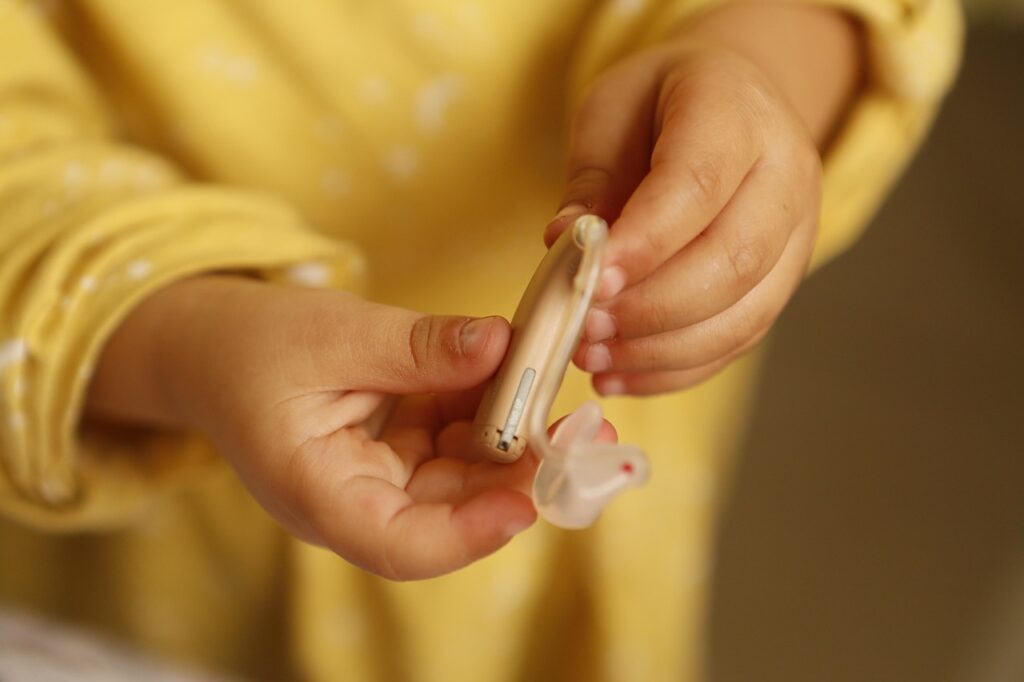Hearing loss is a growing health concern in Singapore and many other parts of the world. Previously, it was mostly seen in the ageing population. Today, even young adults are affected. It brings everyone’s attention to one crucial question: Can this be reversed? It really depends on the cause of hearing impairment. While some conditions can be reversed with treatment, others may benefit from advanced auditory aids like cochlear implants. The best person to guide you on these matters can be your ENT doctor, who also specialises in cochlear implant surgery. You can rely on them to address all your concerns about your hearing issues.
For assistance, you can visit https://earnosethroat.com.sg/cochlear-implant-specialist-singapore once. At the same time, here are a few examples of hearing loss conditions that can be treated or even cured.
Reversible hearing loss conditions
Excess wax buildup in the ears can prevent you from hearing correctly. Many people resort to cotton swabs to clean their ears. Please avoid this, as you can end up pushing it deep inside. It can lead to hearing problems. Your ENT can safely and carefully remove the wax using advanced techniques, as needed, and help restore your hearing. Suppose infection or fluid buildup in the middle ear has affected your hearing. You can be prescribed antibiotics, especially when bacterial growth is the culprit.
Treatable hearing loss conditions
Some people can experience sensorineural hearing loss (SNHL). It can happen suddenly or grow over time. It can also occur at birth. The cause of this type of hearing loss can be loud noise, trauma, or infection. Due to SNHL, soft sounds may be complex to hear, and even loud sounds can seem unclear. You can blame this difficulty on damaged hair cells in the inner ear. People between 50 and 70 years old are most affected by this condition. Your ENT specialist can diagnose this condition by conducting a few physical examinations. They can check your ear with special equipment. You can also be asked questions, such as:
- Can you hear sound from one ear better?
- Did you experience any trauma or disease recently?
- Does somebody in the family have a hearing loss issue?
- Has your hearing loss developed suddenly or gradually?
Based on all the observations and examinations, a cochlear implant specialist may recommend using a cochlear implant. While it doesn’t cure hearing loss, you can understand spoken words and other sounds better. These implants contain two parts, one for internal use and one for external use. Internal parts include a receiver and electrodes. External parts can feature a transmitter, a processor, and a microphone.
How do cochlear implants work?
Hearing problems can be associated with damaged sensory hair cells located in the cochlea. It is a part of the inner ear, inside the skull. It transforms sound signals into electrical impulses so that your brain can read them as sound. These implants mimic the same function but use a unique pathway to send sound signals to your brain. After surgery, you can notice improvement in your hearing capability. You can enjoy social gatherings and receive phone calls.
So, it is evident that hearing problems can be treated or cured based on the underlying condition. ENTs and cochlear implant specialists can provide better guidance on these aspects.








Leave a Reply